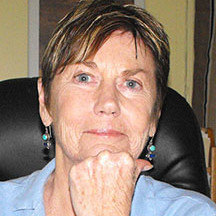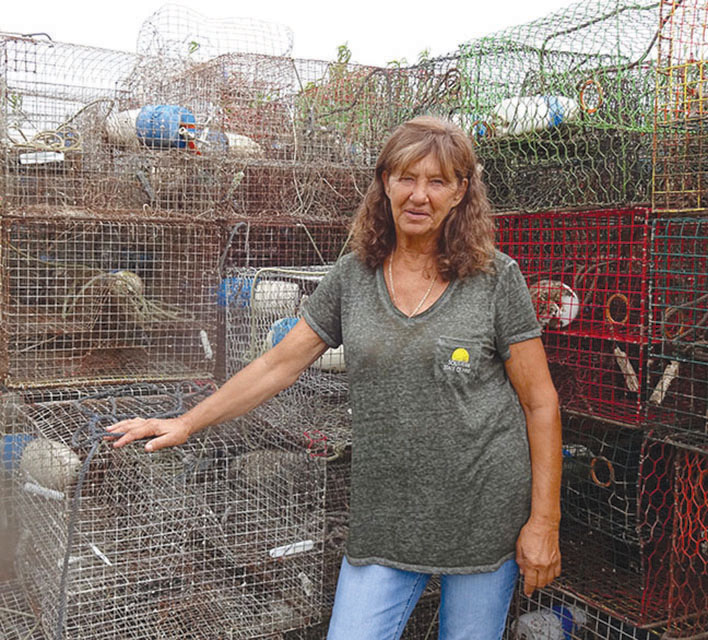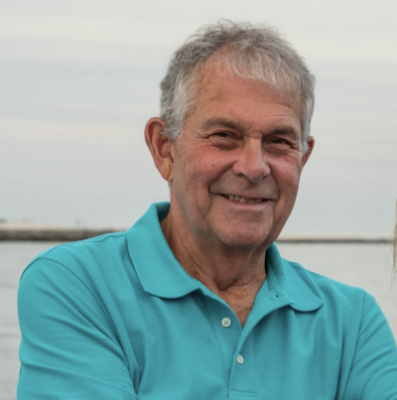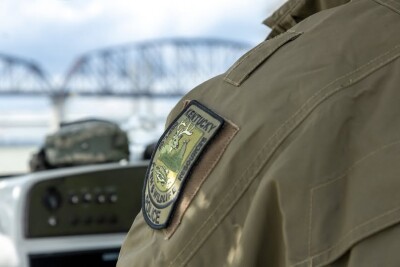Cathy McDaniels, 61, is on the water just about every day pulling crab pots.
She has done so for many years alongside her husband, Mike, who spent most of his career gillnetting. The two would pair up at day’s end to tend a successful soft-shell blue crab business. The couple worked hard, spending most of their time together based around their life on the water.
But everything changed when Mike suddenly passed away earlier this year after 41 years of marriage at age 61.
“We had always worked together, helping each other when needed and relying on our different strengths,” said McDaniels. “Regrouping was difficult at first.”
It took McDaniels time to adjust, but after considering her options she returned to what she knows best — fishing.
Aboard her 25-foot Seahawk powered by 135-hp Honda, she put her crab pots in the water, hired a crew and headed out on her own.
“It hasn’t been easy,” said McDaniels. “But there really wasn’t a choice — this is what I do. Mike and I have spent our whole lives on the water.”
The difficulty was juggling her time on the water with the demanding schedule of maintaining a healthy peeler crab operation. Without her partner to help, doing it alone is a challenge — one she has met by sacrificing sleep.
Unfortunately for McDaniels, a good crab year in 2016 was followed by a bad 2017, adding to the challenge of making a living alone.
“As good as last year was is as bad as this year is turning out,” said McDaniels. “The weather coupled with restrictive regulations turned a mediocre year into a terrible one.”
In 2016, North Carolina’s peeler crab harvest was 445,844 pounds for a value of $1.31 million. But the investment to set up a successful operation is costly.
“Mike did a lot of the work himself, but the materials alone are expensive,” said McDaniels.
“There’s no doubt our soft-shell crab business paid off, but handling it by myself is the tricky part.”
The tricky part is just about over. Hard crabs are gone and McDaniels has shut down her peeler tanks for the season. Now comes the hard part.
In years past, her husband would pick up the slack by gillnetting, especially for flounder, a valuable North Carolina fishery. But faced with increasing regulations that can shut down the fishery without warning, little experience gillnetting and a lack of equipment, McDaniels is left to decide her next move.
“Gillnetting was Mike’s strength, mine crabbing,” says McDaniels. “It’s a little scary to take on a new fishery on my own.”
Despite the hesitation, she jumped in with both feet determined to make it work.
“It’s not that I don’t know anything about gillnetting, I just haven’t run my own operation,” says McDaniels. “It won’t be easy, but I’m determined to continue what I do best — make a living on the water.”







